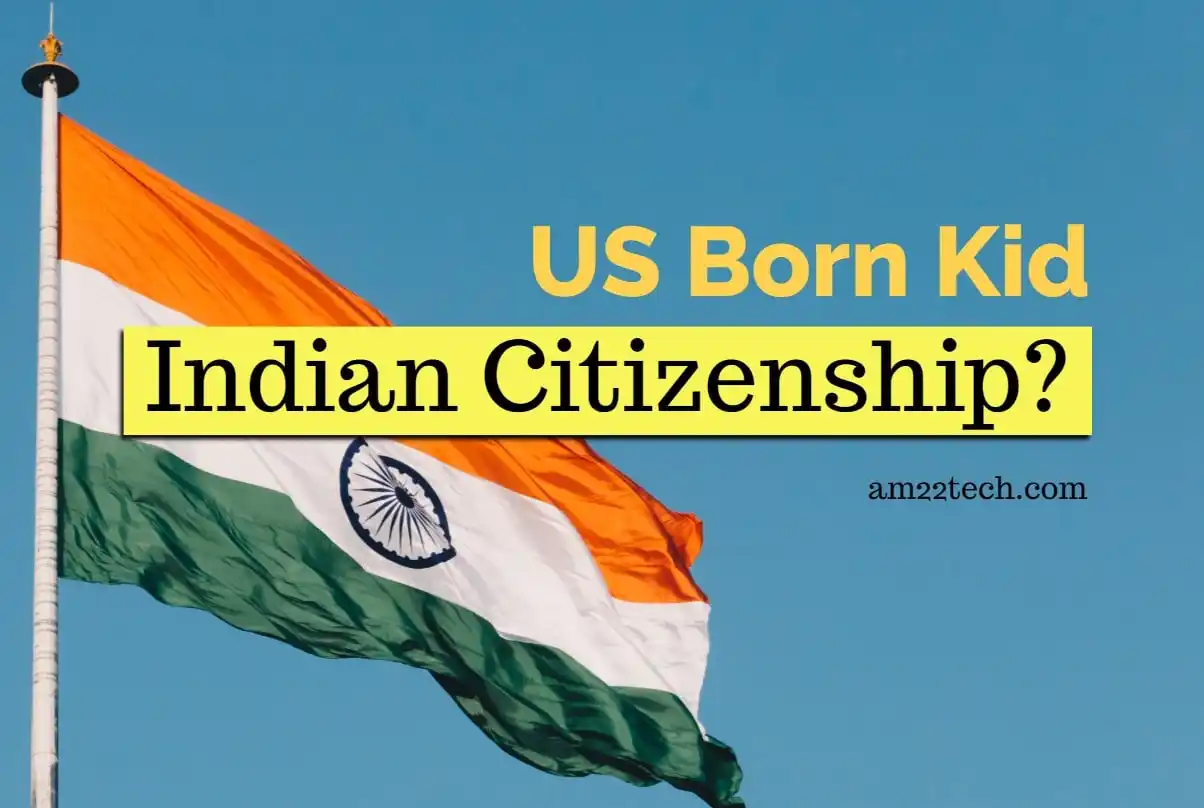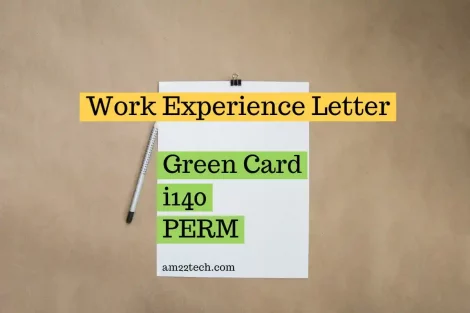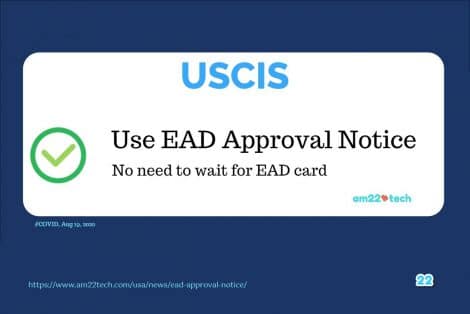|
Listen to this article
|
A child born in the US is automatically eligible for US citizenship. Most Indian H1B workers are happy to see their newly born kids become citizens while they wait in long green card queues.
But, there are some people who think otherwise and instead want their kids to have Indian citizenship.
Note that by default:
- The kid is a US citizen by birth even if you explicitly apply for his Indian passport.
- A passport is just a travel document and not proof of citizenship.
The process of getting Indian citizenship is more straightforward if you do not apply for a US passport after your kid’s birth in the US. The procedure is a bit different if your kid has already got his/her US passport.
This article will discuss:
How to get an Indian Passport?
It is mandatory to register your child’s birth in the USA with the Indian embassy that has jurisdiction over your current residential address in the USA.
Example:
- If you are living in California, then SFO Indian embassy will serve you.
- Similarly, if you have a residence in Dallas, Texas, you should register the birth with Houston Indian Embassy.
- The North-East states like Massachusetts and Vermont come under the jurisdiction of the New York Indian Consulate.
You should start the new passport process.
Both the parents should sign a declaration of non-acquisition of a U.S nationality by the child and consent to the issue of an Indian passport to the child.
This form will be provided by the Indian Embassy service provider and you will find it online while filling Passport application. You will just be required to print the already filled form and submit it with the passport application.
Documents required for Child’s Indian Passport:
In addition to the documents for a Passport Re-issue for Minor, you will need to submit the following documents:
- Application Form duly filled in and countersigned by both parents.
- Copy of the record of landing or immigration document/PR card of the parents.
- Copy of the birth certificate of the child showing the parents’ names.
- Affidavit for change in the appearance of the child.
Dual Citizenship – India & USA?
India does not support dual citizenship at this time.
Note that even though US-born kids can get US passports, they also get an option to choose either Indian or US citizenship as and when they turn 18.
Take US-born Child to India
You can take your US-born child to India with a valid Indian passport. The Indian immigration will legally stamp the entry stamp.
The child can stay in India as long as they want as they have an Indian passport without needing to register with the Indian police station.
The child turns 18 and gets to decide if he wants US citizenship or not. The child, who is now an adult, can legally renounce US citizenship at the US consulate in India.
Imagine if the same person now wants to move to the US by marrying a US citizen. This person will have to file the US green card through the family quota again.
FAQ
You need an Indian visa for a US-born child to travel to India if the kid has a US passport.
The US-born kid is given US citizenship automatically.
US citizens do not need a US visa to travel to the US.
The easiest way is to apply for an Indian passport for your US-born kid after birth. Do not apply for a US passport.
The Indian passport is issued by the Indian embassy in the USA.
Indian embassy can issue an Indian passport for a US-born kid if parents sign a declaration that the kid does not hold any other passport including a US passport.
If the US-born kid has an Indian passport, then he would need a US visa to enter the US.
If the child has a US passport, then there is no US visa required.
Note that airlines and Indian exit immigration checks will not let the child fly out of India unless they have a valid US visa or a US passport.
You should register your US-born kid’s birth with the Indian consulate if you want an Indian passport for him.
US Citizenship
Pros
#1 Green Card Sponsorship
Need Help File Application?
Support
Use hassle-free visa extension and EAD filing service to file your application with USCIS
Visa status issues consultation includedQuick Service
Filed within 1-2 days if you have all the documents ready and uploaded
Emergency service availablePhoto
You click, we edit photos as per US visa requirements to remove background, align face and shoulders
Photo printing includedH1B and L visa workers from India face a long and unending backlog for US green cards.
Their US-born kid, who becomes a citizen by birth can sponsor their H1B parent’s green card in the immediate family green card category after 21 years of age.
Note that immediate family members have no waiting and no need to keep checking the Family-based visa bulletin.
Cons
Why is US citizenship not a good option for a kid born in the US to Indian Parents?
Here are the things that people have considered in the past to explicitly give away their US citizenship.
#1 US Income Tax
Whether you like it or not, a US citizen has to pay income tax on his global income irrespective of their place of residence.
Check My Substantial Presence
If your US citizen kid has moved out of the US or is in India, he will still be liable to pay US income taxes.
#2 NRI School, College fees in India
Since your kid is a US citizen, they have to pay higher fees in Indian schools and government colleges.
By default, he will be counted under the NRI quota at every state and central government institution.
He will also not be eligible for Indian government services and jobs.
#3 Expatriation Tax by US government
Your US citizen kid will have to pay tax on all his wealth if he wants to renounce his US citizenship after growing up.
This may only matter to kids who turn up millionaires after growing up though.
#4 Register for American military services
Your kid will have to be registered for American military services and if selected, he or she may have to perform mandatory services.




